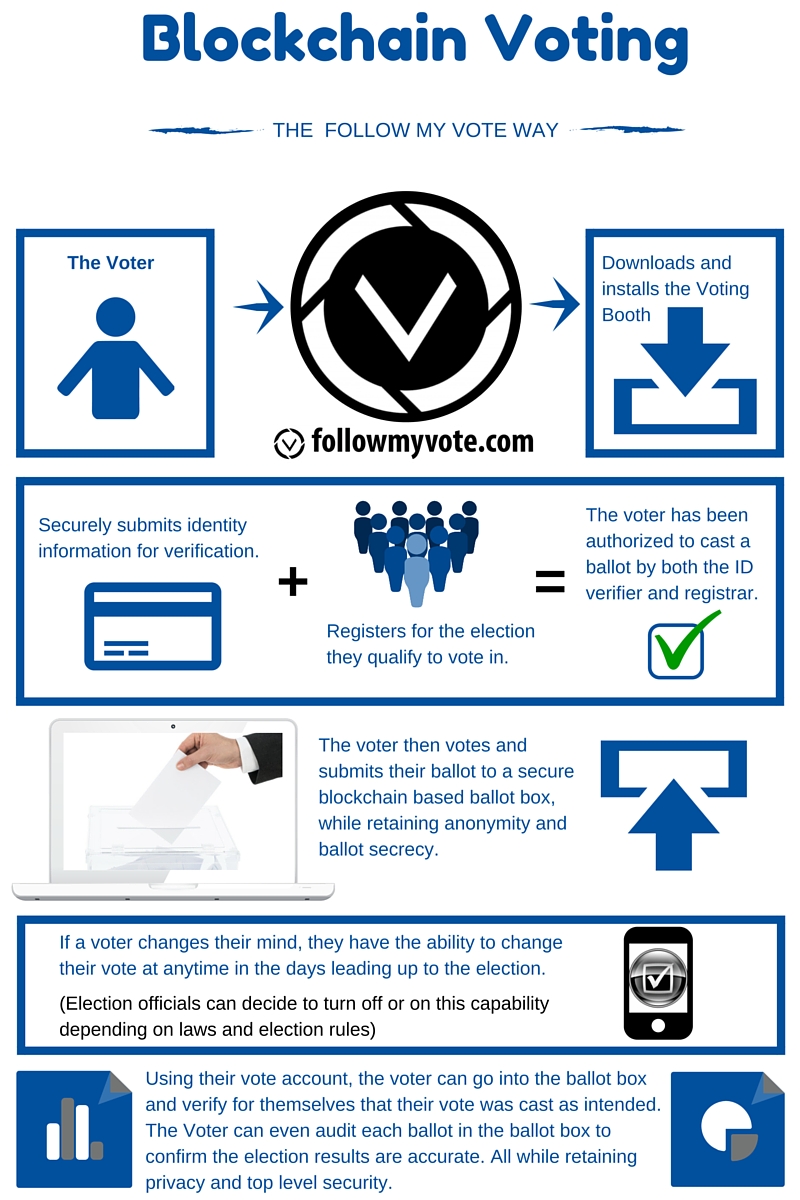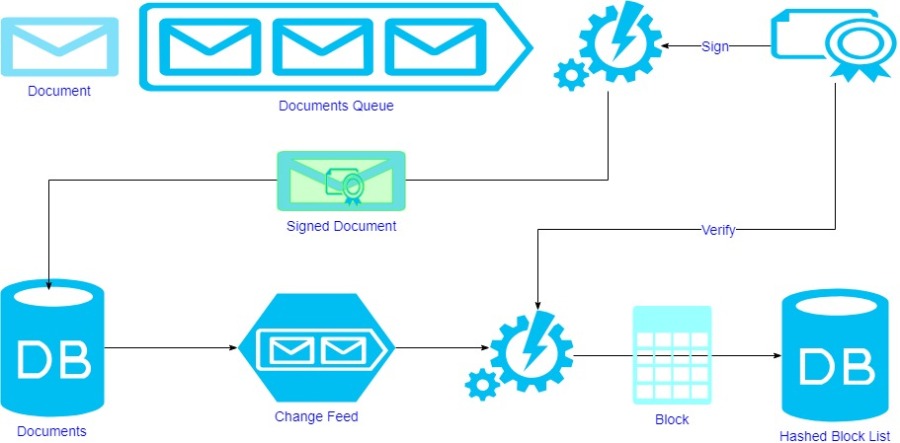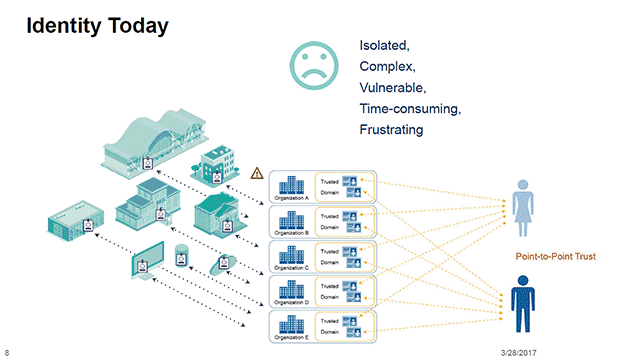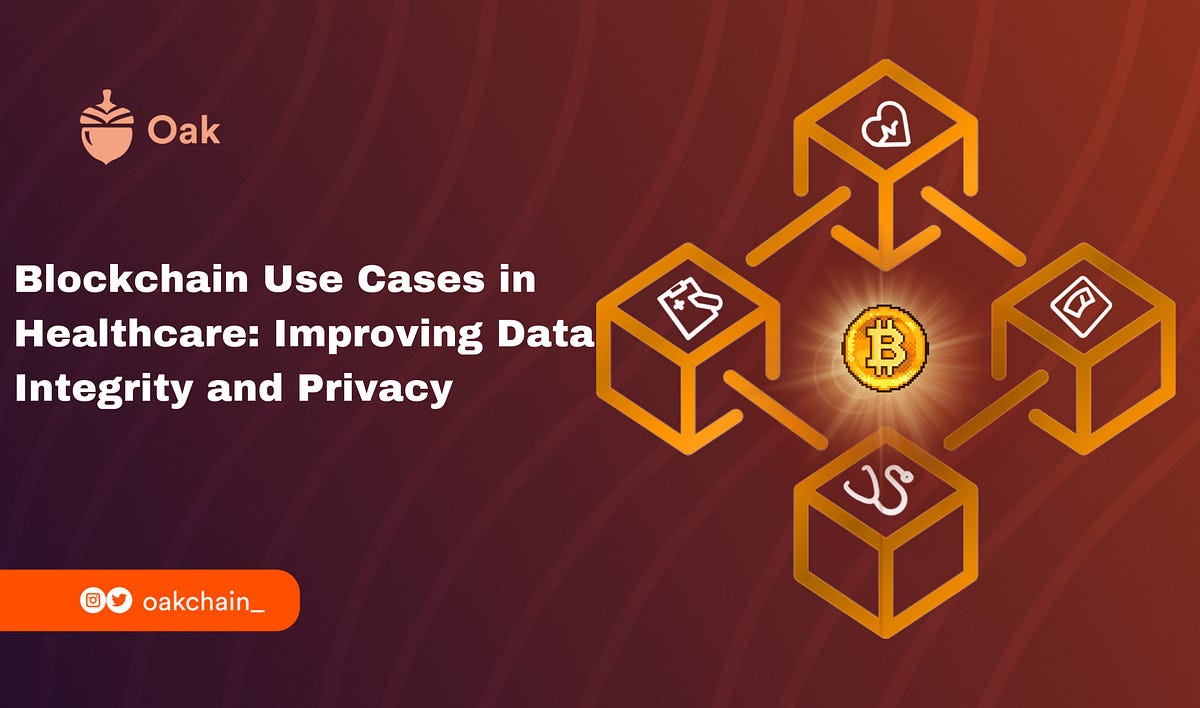Advancing Electoral Integrity with Secure Blockchain Voting Blockchain technology is increasingly being explored as a solution to enhance the security…
Read More

Advancing Electoral Integrity with Secure Blockchain Voting Blockchain technology is increasingly being explored as a solution to enhance the security…
Read More
Ensuring Unalterable Data Integrity with Immutable Audit Trails In the realm of data management, the concept of immutable audit trails…
Read More
Blockchain-Powered Identity Management for Enhanced Security Identity management is undergoing a revolutionary transformation through the integration of blockchain technology. This…
Read More
Securing Data Integrity on the Blockchain: A Definitive Approach Blockchain technology has emerged as a robust solution for securing data…
Read More
Blockchain Guardian: Safeguarding IoT Device Management In the ever-expanding landscape of the Internet of Things (IoT), ensuring the security of…
Read More